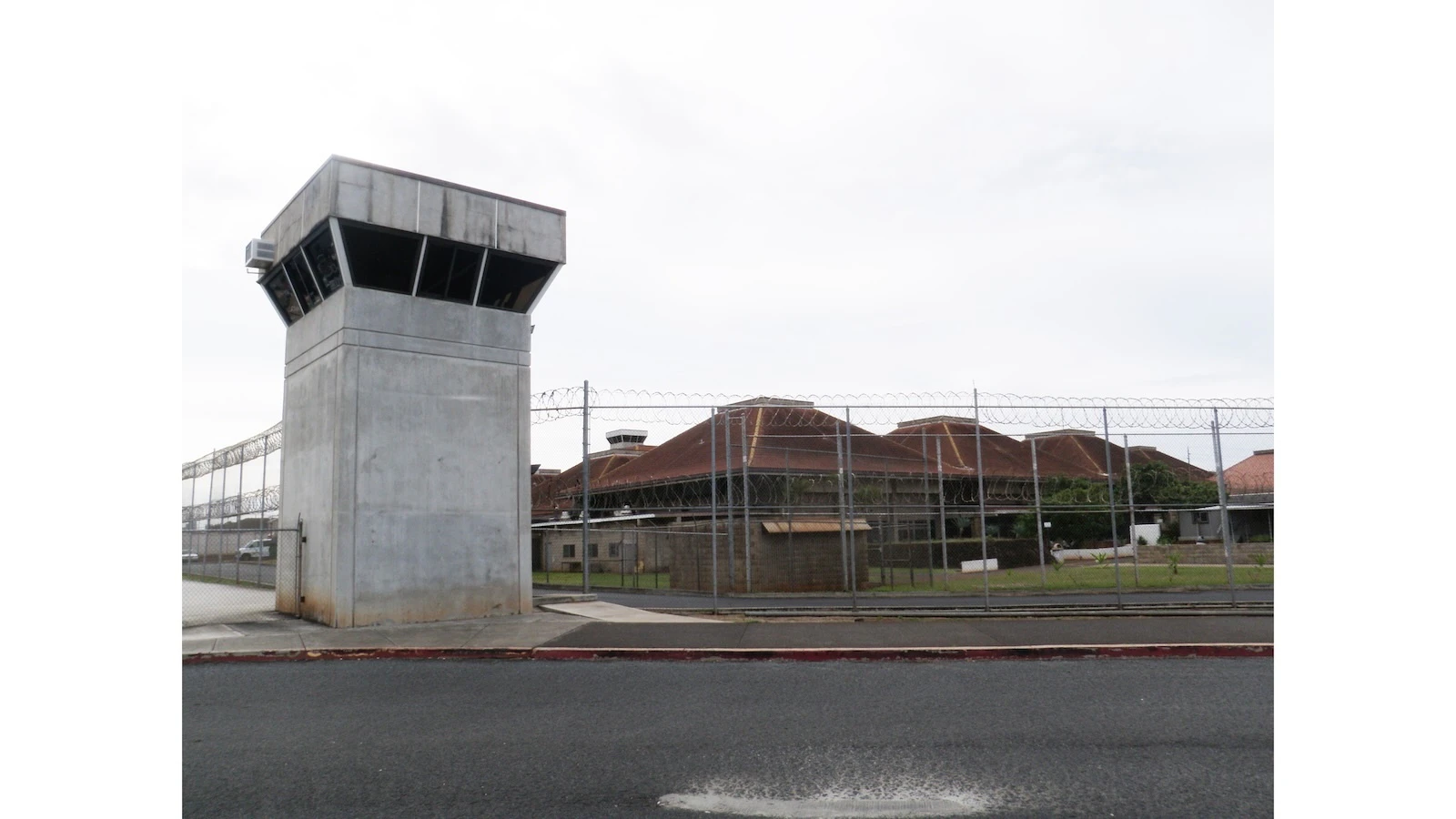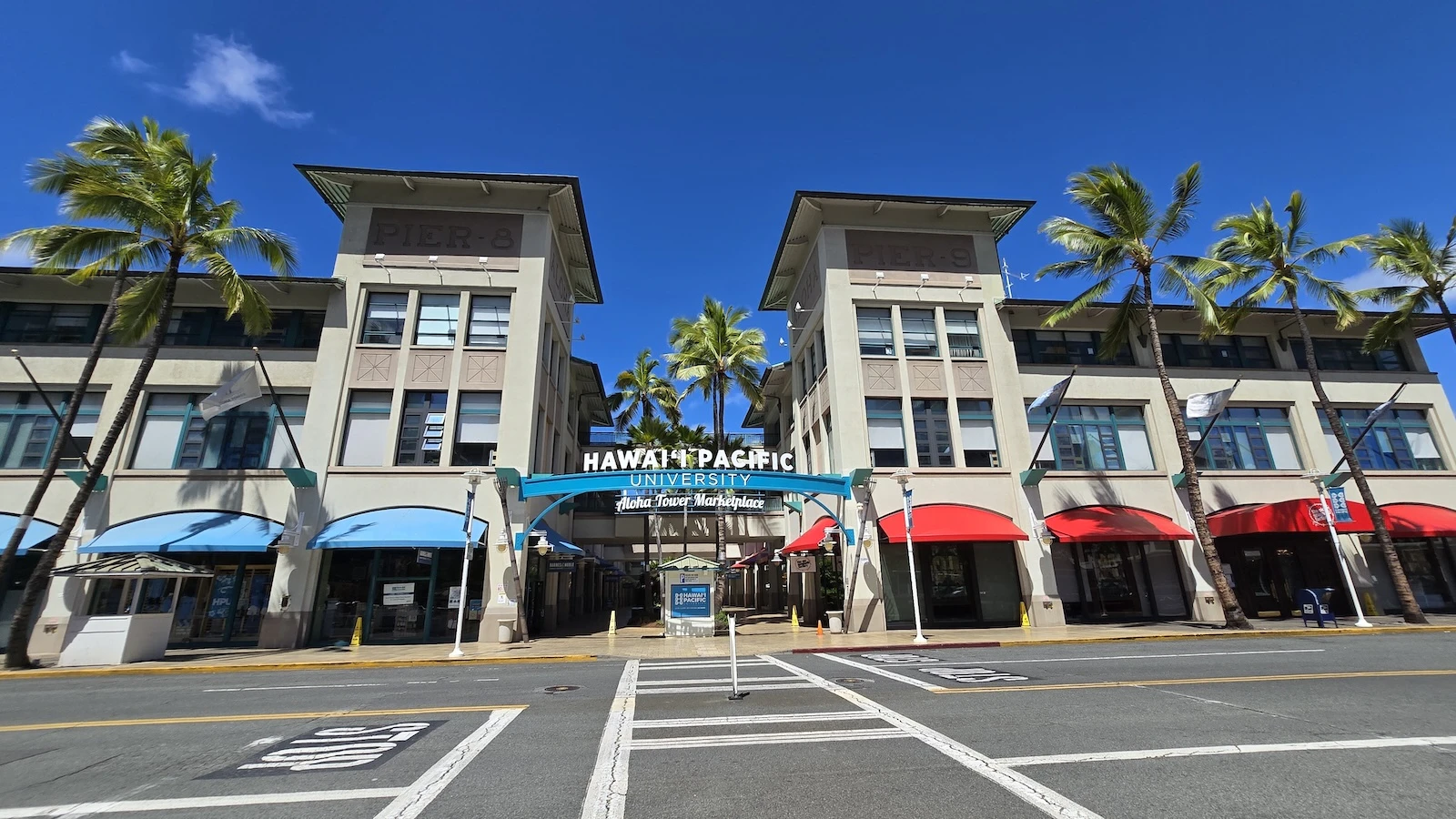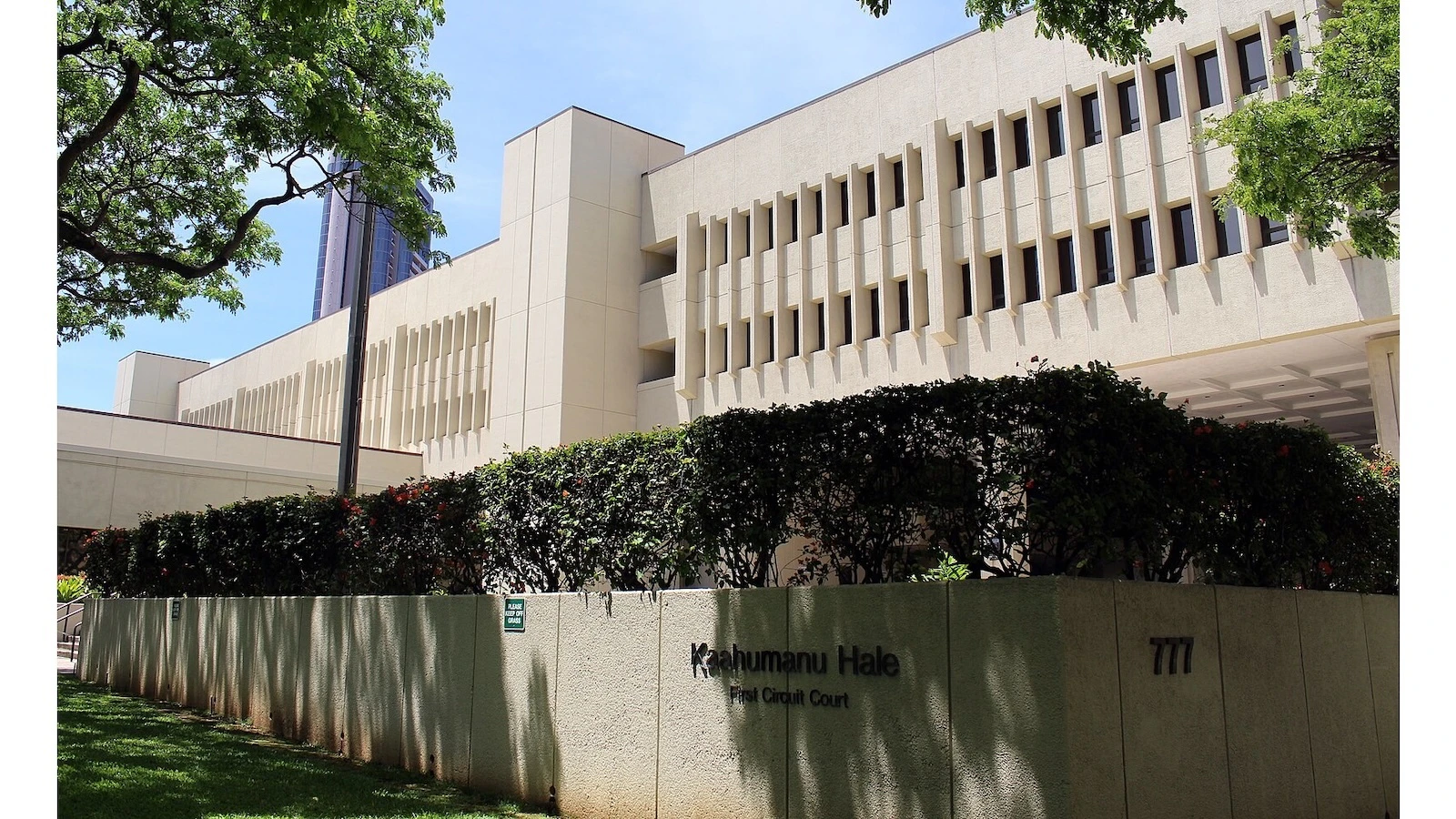The Hawai‘i Department of Corrections and Rehabilitation is allegedly censoring books available to inmates, claims a human rights group suing the state.
According to a lawsuit filed Thursday in U.S. District Court by the Human Rights Defense Center — a non-profit organization that advocates on behalf of U.S. prison inmates — state correctional facilities are blocking books and magazines being mailed to inmates in the state.
Paul Wright, executive director of HRDC, told Aloha State Daily that the organization publishes two monthly magazines, “Prison Legal News” and “Criminal Legal News,” which cover news related to the prison system and criminal rights.
“We’ve been publishing for 35 years and we’ve had subscribers in Hawai‘i for probably 34 years,” Wright said. “What happened was we started getting messages from subscribers saying they weren’t getting their magazines.”
The lawsuit alleges that, between April 2024 and July 2025, DCR has returned 56 items mailed by HRDC to Hawai‘i inmates. Many of those items — books, magazines, brochures and other correspondence — were marked as “UNAUTHORIZED MAIL,” and one was marked “CENSORED.”
DCR reportedly did not provide HRDC any reason for the rejection or a way to challenge or appeal the decision.
DCR’s publicly posted mail policy lists a series of criteria that could lead a publication to be banned. These include descriptions of how to build weapons, how to escape prison, how to brew alcohol or make drugs, martial arts guides, sexually explicit material, seditious material, and the like.
The policy also states that, if a publication is rejected or denied, the publisher and inmate will be notified of the rejection, the reason for it, and an appeals process.
The lawsuit notes individual DCR facilities have their own mail procedures, and seven of DCR’s eight facilities have policies stating that “books, magazines, food items, etc. may not be sent to an inmate.” The exception appears to be Kulani Correctional Facility, the minimum-security prison on Hawai‘i Island, where “there is no restriction on incoming and outgoing mail,” according to DCR rules.
Wright said that “as far as [HRDC] can tell,” all mailed publications are being withheld from inmates, not just HRDC magazines.
"Basically, it's everything," said Jeff Portnoy, a Honolulu attorney representing HRDC. "This sort of blanket prohibition is very severe. Of course, there's always some censorship in prisons ... if these had instructions on how to build a bomb, that'd be a different story."
Portnoy — who also represents Aloha State Daily — said he doesn't believe anything in the magazines could be interpreted to violate any of DCR's criteria, but even if they do, DCR's own rules state the department should explain its reasoning. Instead, he said, DCR has not responded to any of HRDC's requests.
“It’s surprising, since we’ve never had problems with Hawai‘i corrections before,” Wright said.
Wright said the censorship is a violation of the First Amendment of the Constitution, and opined that withholding the ability for vulnerable groups to educate themselves is “the sort of thing you see in police states.” The suit also calls DCR’s actions a violation of the Due Process Clause of the 14th Amendment.
The lawsuit names as plaintiffs Tommy Johnson, DCR Director, and Pamela Sturz, DCR’s former deputy director of correctional institutions. Sturz has also sued DCR for wrongful termination after she was fired in January; she alleged she received discrimination for her sexual orientation, sex and race.
HRDC calls for DCR’s actions to be declared as unconstitutional, for an injunction prohibiting the department from continuing to violate HRDC’s rights, and unspecified nominal, compensatory and punitive damages.
Wright said HRDC has successfully litigated similar cases against dozens of Mainland prison systems, including in California, Kentucky, Michigan, New York, Illinois and more.
"Everywhere this has been challenged, they've lost," Portnoy said. "You'd think eventually they'd start learning from each other."
Portnoy said no court date has yet been set.
ASD reached out to DCR for comment.





